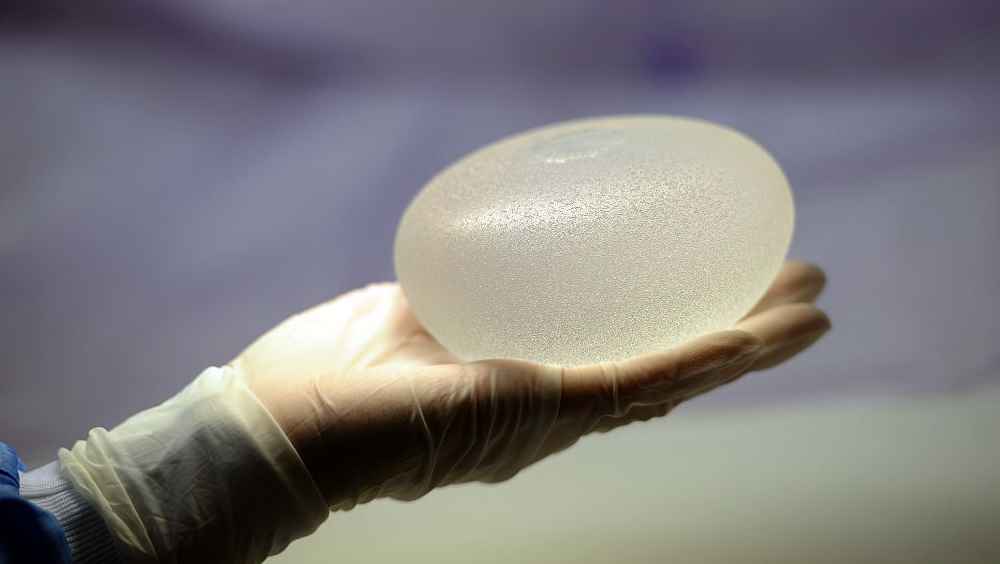Allergan is recalling BIOCELL textured breast implants and tissue expanders due to the potential risk for breast implant-associated anaplastic large cell lymphoma (BIA-ALCL).
The move to recall was based on an analysis of medical device reports submitted to the Food and Drug Administration (FDA) related to BIA-ALCL and BIA-ALCL-related deaths associated with these devices. “Once the evidence indicated that a specific manufacturer’s product appeared to be directly linked to significant patient harm, including death, the FDA took action to alert the firm to new evidence indicating a recall is warranted to protect women’s health,” said FDA Principal Deputy Commissioner Amy Abernethy, MD, PhD.
In a press release, Allergan said that “Effective immediately, healthcare providers should no longer implant new BIOCELL textured breast implants and tissue expanders.” The recall includes the following products: Natrelle Saline-Filled breast implants, Natrelle Silicone-Filled breast implants, Natrelle Inspira Silicone-Filled breast implants, and Natrelle 410 Highly Cohesive Anatomically Shaped Silicone-Filled breast implants, Natrelle 133 Plus Tissue Expander and Natrelle 133 Tissue Expander with Suture Tabs. A complete list can be found here.
As of July 6, the FDA lists 573 unique cases of BIA-ALCL globally, of which 481 are attributed to Allergan implants. Thirty-three deaths have been reported; 12 of the 13 deaths in which the manufacturer was known were confirmed to have an Allergan breast implant at the time of BIA-ALCL diagnosis.
“The recall of these textured implants is a big deal in protecting women from the potential risks of developing, and dying from, this rare type of aggressive lymphoma,” said Joshua Brody, MD, Director of the Lymphoma Immunotherapy Program at Mount Sinai. “While case reports have suggested a potential link between some types of breast implants and this disease for over 20 years, it has taken time to gain sufficient evidence to suggest, and understand, the causality.”
At this time, the FDA recommends that healthcare providers do not remove these or other types of breast implants in patients who have no symptoms due to the low risk of developing BIA-ALCL, however patients should be informed of the risk. In patients with late onset, peri-implant changes, providers should consider the possibility of BIA-ALCL; in some cases, patients presented with a seroma, mass, hardening adjacent to the breast implant.
Additional recommendations for providers and patients can be found here.
“Many cases of implant-associated lymphoma have developed mutations and expression of immune-suppressive proteins which prevent anti-tumor immune cells from clearing the cancer, and these chances likely begin with the inflammation induced by some implants,” added Brody. “By preventing further use of these implants, the FDA is helping women to protect themselves from the medically serious and emotionally exhausting effects of these risks.”
The FDA also announced today that additional actions are being considered to help inform women on the benefits and risks of breast implants. These may include changes to the labeling for breast implants to include a Boxed Warning and a patient decision checklist.
For more information visit FDA.gov.
This article originally appeared on MPR
